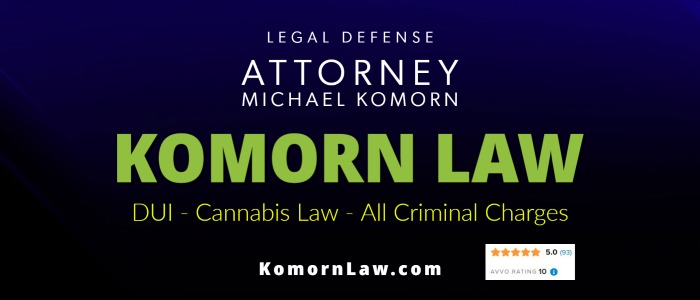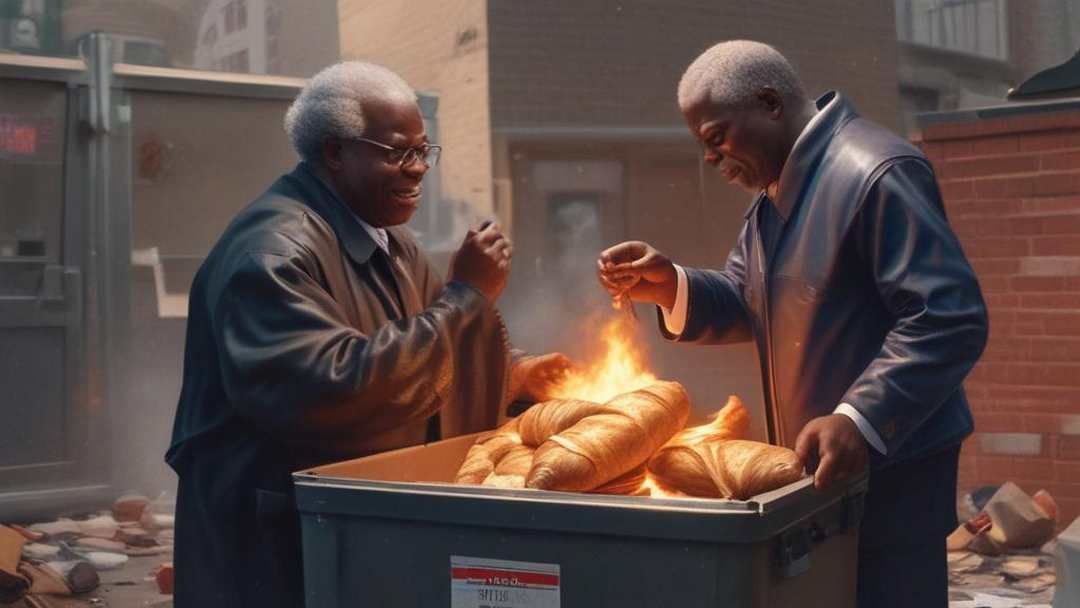Federal regulations on marijuana may “no longer be necessary” as individual states enact their own laws on its use and sale, Supreme Court Justice Clarence Thomas wrote in an opinion.
Thomas, one of the high court’s most conservative justices, criticizes the federal government’s conflicting stance on marijuana, which both allows and restricts local use of the drug. He suggests that the current approach renders federal pot laws and policies potentially obsolete.
“A prohibition on intrastate use or cultivation of marijuana may no longer be necessary or proper to support the federal government’s piecemeal approach,” he wrote in dismissing the appeal of a Colorado medical marijuana dispensary that was denied federal tax breaks.
In the case, Standing Akimbo vs. United States, the dispensary argued that it is prohibited by the Internal Revenue Service from deducting certain business expenses — as other businesses are allowed — even though it operates in Colorado, where marijuana use is legal.
The reason for this restriction stems from an IRS public policy provision that prohibits companies engaged in the trade of controlled substances from deducting such expenses.
With 36 states now legalized for medical marijuana use and 18 for recreational use, Thomas highlights a clear divergence between federal and state laws. This case serves as a striking example of the growing disconnect between the two, shedding light on the ongoing debate surrounding marijuana legislation.
Since the Supreme Court upheld federal marijuana laws in 2005, the legal landscape has significantly changed, according to Thomas. Additionally, he noted that the Justice Department has refrained from interfering with state legalization efforts or prosecuting individuals who comply with state laws since 2009.









